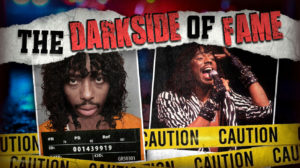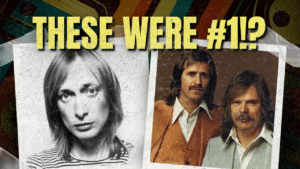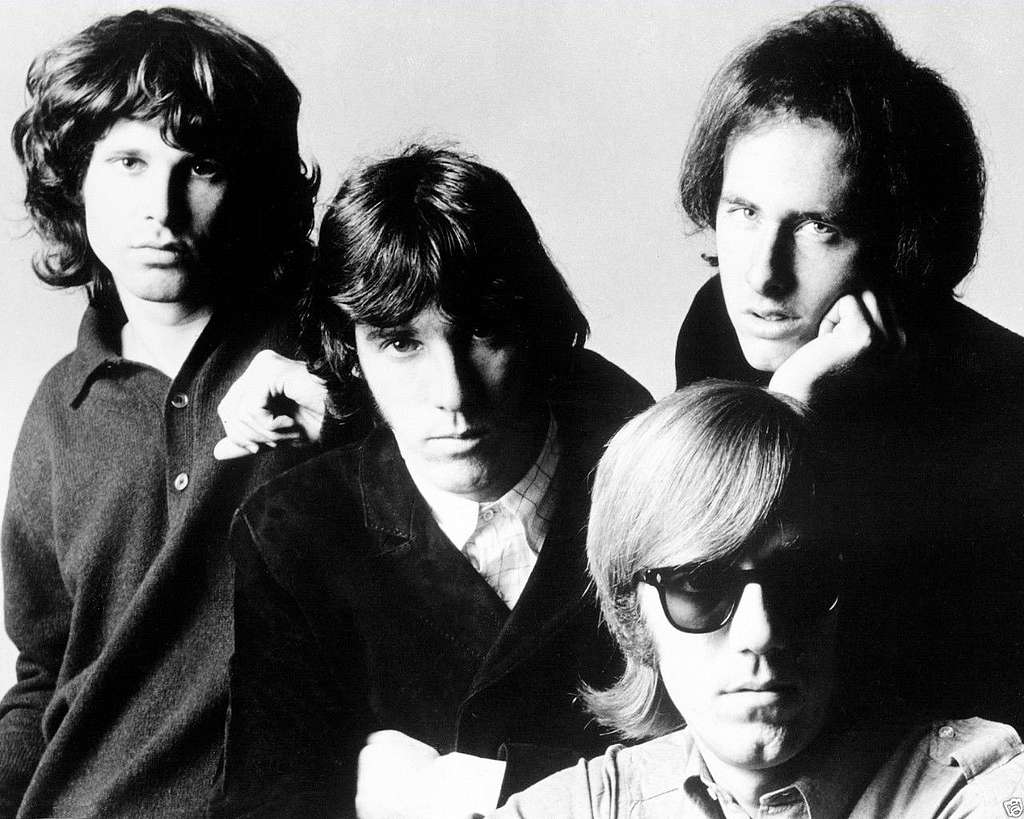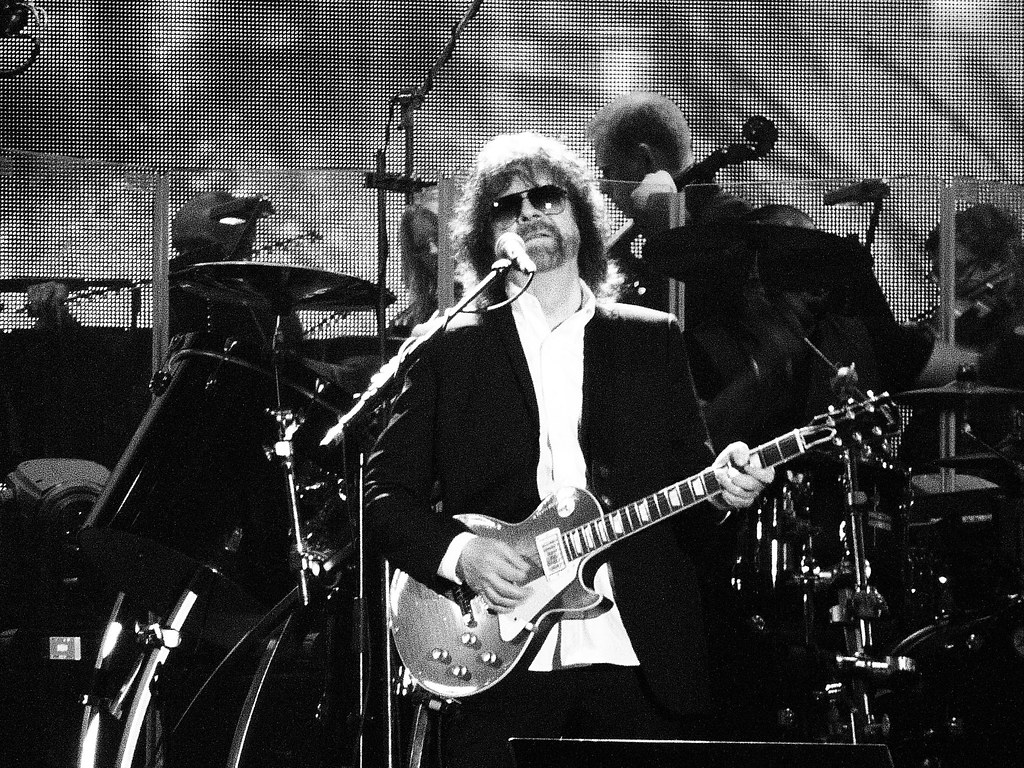
Music in film works similar to that friend who knows exactly what song you need to hear after a breakup. These narratives do more than entertain—they decode cultural DNA, expose industry machinery, and reveal the raw nerves beneath fame’s shiny exterior. Beyond the predictable biopics that studios churn out like factory singles, these ten films deliver narrative grooves that resonate long after the credits roll.
The films assembled here skip the usual concert footage fluff. Instead, they amplify stories where sound becomes character, where rhythm drives plot, and where melody breaks through the static of everyday existence. From comedy to tragedy, animation to period drama, each film tunes into different frequencies of musical experience—showing how songs shape us when nobody’s watching, and how they save us when everybody is.
10. Bird

Clint Eastwood’s 1988 Charlie Parker biopic cuts through jazz mythology to expose the raw humanity beneath. Forest Whitaker disappears into Parker’s genius and struggles, while Eastwood’s direction captures the smoky intimacy of after-hours jazz clubs where innovation happened in real-time. The film refuses easy narratives about tortured artists, instead showing how racism and addiction created specific barriers to Parker’s creative freedom.
Bird stands apart from sanitized musical biopics by treating jazz not as background soundtrack but as emotional dialogue. The film’s innovative sound design isolates Parker’s original solos and surrounds them with new accompaniment, creating conversations between past and present that mirror jazz’s improvisational spirit.
Each saxophone line becomes a statement about survival in a world determined to commercialize, categorize, and ultimately contain Black creative expression—the same tensions that modern musicians navigate in streaming’s algorithmic landscape.
9. Amadeus

Milos Forman’s 1984 masterpiece turns classical music’s history into a psychological thriller dripping with bitter rivalry and gorgeous excess. F. Murray Abraham’s Salieri becomes the perfect vessel for exploring creative jealousy—the universal experience of recognizing genius while questioning your own mediocrity. The film strips away classical music’s stuffy reputation, revealing the rock stars beneath the powdered wigs.
Amadeus transforms Mozart from marble bust to flesh-and-blood revolutionary, the original punk who giggled at authority while changing music forever. Through Salieri’s tortured perspective, we see how true innovation terrifies the establishment—how Mozart’s compositions rattled the musical aristocracy similar to how early hip-hop panicked suburban parents.
The film’s eight Academy Awards deliver classical music not as museum piece but as dangerous, subversive language that once threatened to upend the entire social order.
8. Stardust
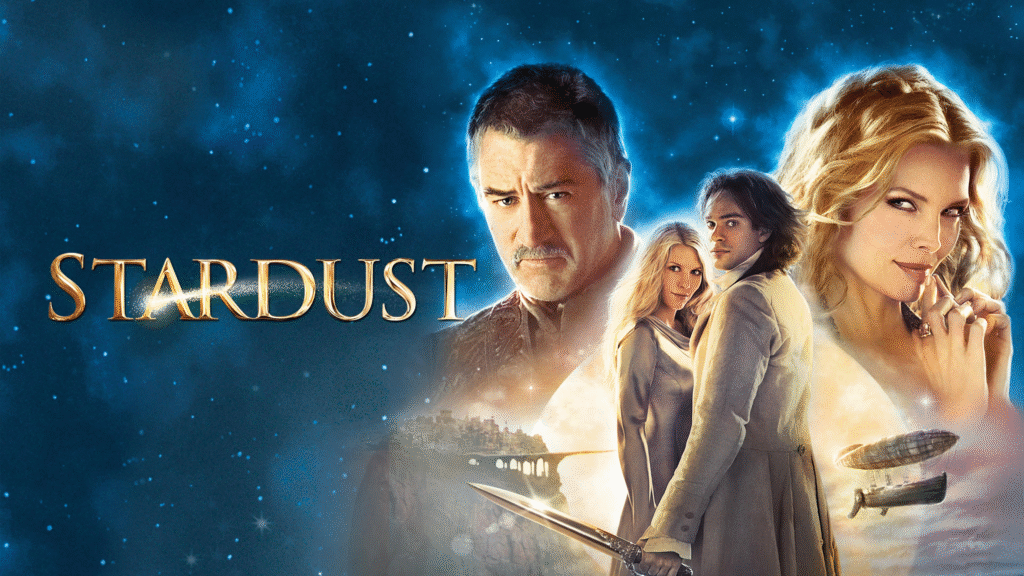
Michael Apted’s gritty 1974 rock tragedy feels like watching a car crash in slow motion—horrifying yet impossible to look away from. David Essex embodies the rise-and-fall narrative that would later become music biopic template, but with none of the sanitized edges. This film bypasses the usual rockstar glorification to reveal fame as a meat grinder that turns artists into commodities.
Stardust plays like the anti-“A Star Is Born,” refusing to romanticize creative destruction. The film captures that moment when the music industry transforms from cultural movement to corporate machine, when rebellion becomes product, and when the person behind the persona starts to disappear.
Essex’s descent works like those old MTV “Behind the Music” specials stripped of the redemption narrative—just the raw, unfiltered spiral that actual fans witnessed when following their heroes through the 1970s.
7. Round Midnight

Bertrand Tavernier’s 1986 jazz meditation plays like a vintage Blue Note album come to life. Real saxophone legend Dexter Gordon embodies a fictional character based on jazz pioneers, creating a performance that blurs documentary and drama. With Herbie Hancock’s Grammy-winning soundtrack setting the mood, the film captures expatriate musicians finding freedom in Paris while battling their private demons.
Round Midnight stands as perhaps cinema’s most authentically musical experience—the camera moves with the rhythmic sensitivity of a seasoned bass player, always supporting but never overshadowing. The film portrays jazz not as entertainment but as essential communication, survival language for artists navigating hostile cultural and economic systems.
When Gordon plays, the distinction between character and performer dissolves completely, similar to those rare concert moments when the boundary between audience and performer temporarily vanishes, leaving only the pure emotional current of sound connecting everyone in the room.
6. A Mighty Wind

Christopher Guest’s 2003 folk mockumentary feels like discovering a vintage record store run by your funniest friend. With an ensemble cast working without script nets, the film captures the precise moment when authentic musical traditions transform into nostalgic punchlines. Yet beneath the satire lies genuine appreciation for folk’s earnest community and collaborative spirit.
What makes A Mighty Wind remarkable is how it spoofs revival culture while acknowledging music’s emotional resonance. The fictional performers treat their outdated songs with the same reverence that vinyl collectors bring to obscure pressings.
The improvised approach creates performances that feel simultaneously ridiculous and heartbreakingly genuine, reminiscent of how we might find ourselves unexpectedly moved by the very songs we initially dismissed as uncool. The film nails the complicated relationship between irony and sincerity that defines so much of contemporary music culture.
5. Soul

Pixar’s 2020 meditation on music and purpose hits with the emotional precision of a perfectly timed bass drop. Director Pete Docter and Jamie Foxx’s voice performance create an animated jazz journey that digs deeper than most live-action films would dare. Rather than settling for “follow your dreams” platitudes, Soul explores how creative passion can both anchor and unhinge us.
The film’s genius comes from framing jazz not just as musical tradition but as a portal to understanding existence itself. Soul treats music with rare reverence—not as background for montages or emotional manipulation, but as legitimate philosophy.
The first Pixar film with a Black protagonist allows the film to visualize what music feels like internally, similar to how your brain might process those transcendent moments at 2 AM when the perfect riff aligns with your heartbeat and everything suddenly makes sense.
4. This Is Spinal Tap
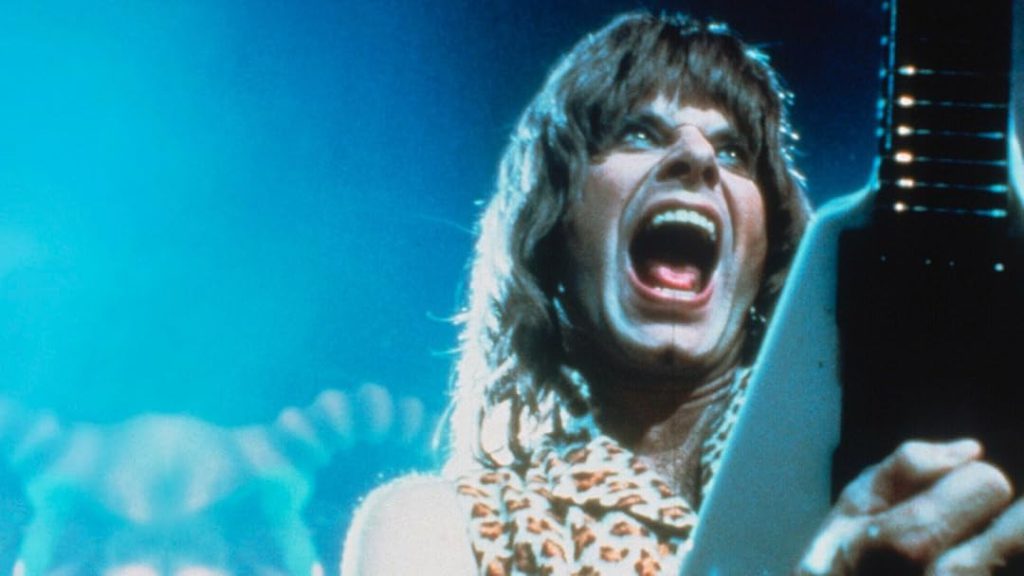
Rob Reiner’s 1984 mockumentary didn’t just parody rock excess—it created the template for how we talk about music culture. Christopher Guest and company crafted a fake band so convincingly real that viewers called radio stations requesting Spinal Tap songs. The film turned backstage clichés into quotable comedy while exposing the fragile masculinity beneath rock’s leather exterior.
What makes Spinal Tap revolutionary is how it both critiques and celebrates rock’s ridiculous grandiosity. The film’s fictional world has influenced real music culture so deeply that actual bands now reference the movie’s invented language (“these amps go to eleven”).
Like watching a funhouse mirror that somehow reflects more truth than an actual mirror, Spinal Tap captures how rock movements cycle from revolution to self-parody. The film’s uncanny precision makes you wonder which current musical trends will someday look just as absurd—festival culture and bedroom pop producers might want to take notes.
3. The Blues Brothers
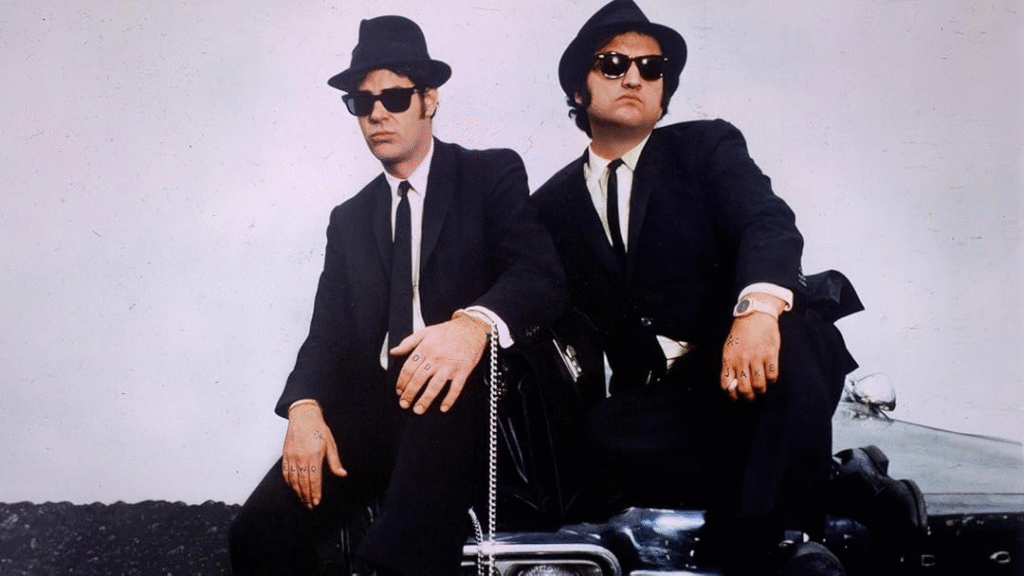
The 1980 cult phenomenon doesn’t just showcase soul music—it stages a full-scale resurrection. John Landis transforms an SNL sketch into a musical pilgrimage that brought Aretha Franklin’s vocal thunder and James Brown’s electric ministry to suburban multiplexes. The film didn’t just feature these legends; it framed them as the guardians of American musical tradition worth fighting (and driving through shopping malls) for.
What makes this film revolutionary isn’t the car chases or comedy—it’s how it centers Black musical genius while two white guys play cultural translators. The Blues Brothers creates a world where respect for soul music’s pioneers becomes the moral compass guiding every crash and punchline.
When Franklin belts “Think” in a diner, it’s not just a performance—it’s a reclamation of power that blazed a path straight to Beyoncé’s Coachella set almost four decades later.
2. School of Rock

Richard Linklater’s 2003 comedy does for classic rock what TikTok does for forgotten 80s hits—resurrects them for a new generation through contagious enthusiasm. Jack Black becomes the human embodiment of rock’s infectious energy, transforming Led Zeppelin from dad-music into revolutionary sound for middle schoolers. The film repackages rock education as rebellion, turning musical history lessons into acts of joyful defiance.
What elevates School of Rock beyond typical music comedies is how it democratizes access to cultural capital. The film acknowledges class boundaries in music education but bulldozes through them with punk rock spirit.
Black’s character creates that rare classroom space where technical knowledge meets emotional expression, similar to how the best Spotify playlists can turn isolated teenage bedrooms into underground clubs. Here, rock becomes not just nostalgia but living currency in the ongoing exchange between generations.
1. CB4
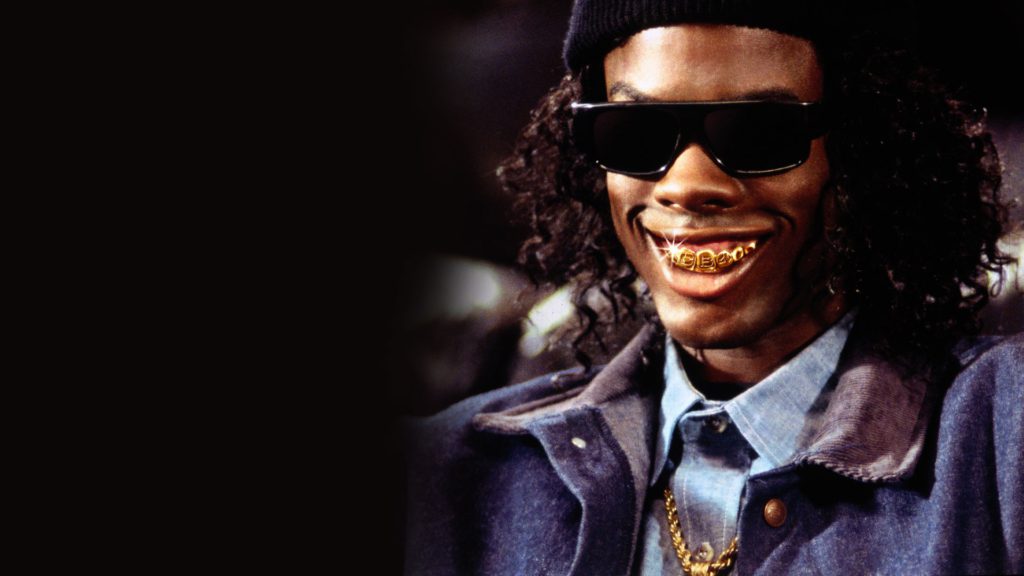
Chris Rock’s 1993 mockumentary hits like a truth bomb wrapped in satire and thrown into hip-hop’s identity wars. Director Tamra Davis crafts an underground classic that dissects rap culture’s authenticity complex years before Instagram flexing made it mainstream. The film peels back the gold chains to reveal the suburban kids beneath, challenging the industry’s addiction to music conspiracy theories and manufactured gangster narratives.
The genius of CB4 lies in how it dismantles hip-hop’s macho mythology without destroying its power. Like watching someone perform surgery with a switchblade, the film slices through the genre’s contradictions while still celebrating its revolutionary potential.
Twenty-five years before Childish Gambino’s “This Is America” video sparked cultural conversation, CB4 was already asking who gets to wear the mask of Blackness in America’s most vibrant musical export.




